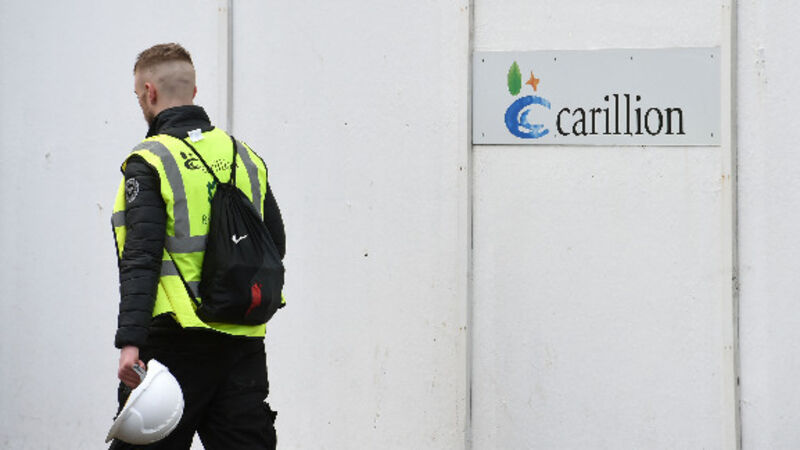Carillion collapse lessons - A symptom of failing capitalism

The collapse of UK construction giant Carillion, a fingers-in-many-public-pies corporation that once recorded revenues of €5.9bn, means its 20,000 employees’ jobs are in question and sub-contractors’ payments are in jeopardy.
Tipping the first domino in this latest earthquake came about because Carillion executives indulged their greed with spectacular abandon. So grasping were these ‘entrepreneurs’ that British prime minister Theresa May has, at last, recognised how ruinous free-for-all capitalism has become.
















